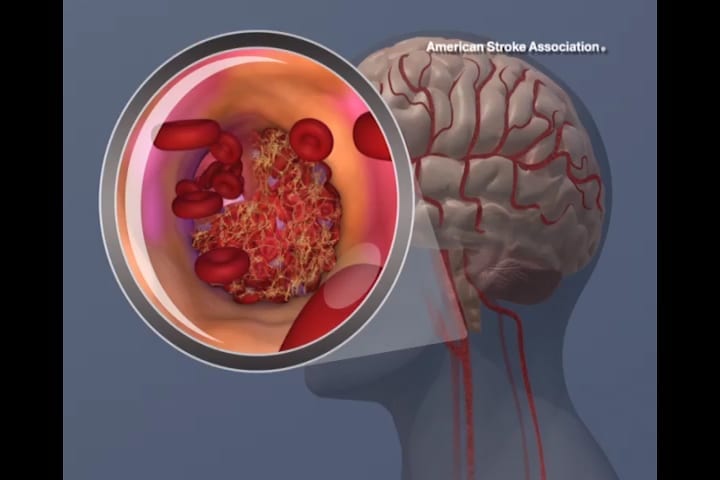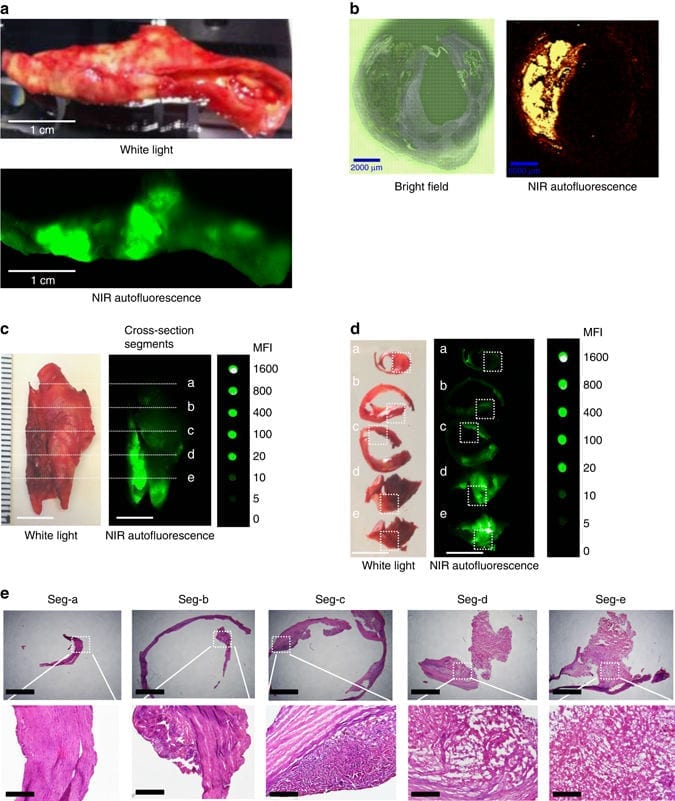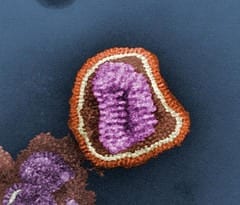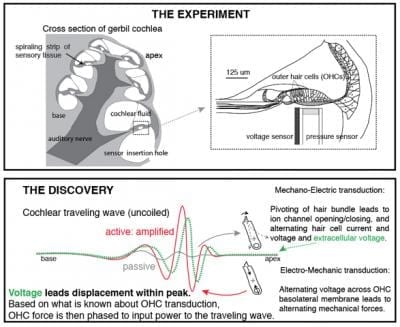 Getting treatment ultra-fast – within 90 minutes of experiencing symptoms – greatly reduces the risk of suffering disability
Getting treatment ultra-fast – within 90 minutes of experiencing symptoms – greatly reduces the risk of suffering disability
Study Highlights:
- Patients with mild-to-moderate strokes who received care within 90 minutes of stroke symptoms were less likely to have permanent disability.
- Early treatment also helped those with minor strokes, but the likelihood of disability is already very low in these patients.
In the case of mild or moderate strokes, getting treatment ultra-fast – within 90 minutes of experiencing symptoms – greatly reduces the risk of suffering disability, according to a new study reported in the American Heart Association’s journal Stoke.
The American Heart Association/American Stroke Association recommends getting to a hospital within three hours of the onset of stroke symptoms. According to guidelines, clot-busting drugs may be given to treat stroke up to 4.5 hours after the onset of symptoms.
The study found that survivors with mild to moderate strokes who were given the clot-busting drugs in the first 90 minutes of the recommended time window had little or no disability three months later compared to those who were treated between 90 and 270 minutes.
“Ultra-early treatment increases the likelihood of excellent outcome in patients with moderately severe symptoms, and in secondary analysis also in those with mild symptoms,” said Daniel Strbian, M.D., Ph.D., from the Department of Neurology at Helsinki University Central Hospital in Helsinki, Finland. “All measures must be taken to reduce onset-to-treatment time as much as possible.”
The study included more than 6,800 stroke patients at 10 stroke centers in Europe over 14 years. They were treated intravenously with Alteplase, a clot-busting drug that is given through an IV in the vein. Patients were separated into three groups based on stroke severity – minor (NIH stroke score 0-6), mild/moderate (NIH score 7-12), or moderate/severe (NIH score higher than 12). Those with mild to moderate stroke seemed to benefit most from the ultra-early care. Early treatment also helped those with minor strokes, but the likelihood of disability is already very low in these patients.
Those with severe stroke did not benefit as much from the ultra-early treatment because they had severe artery blockage.
“We need more research to offer something more for people with severe strokes,” Strbian said.
The Latest Bing News on:
Ultra-early stroke treatment
- Stroke Recovery: A Timelineon April 24, 2024 at 9:00 pm
How much progress a person can make and the timeline for their recovery depend on the type and location of the stroke and the patient’s age and overall health, says Richard Harvey, M.D., clinical ...
- What You Should Know About Cerebellar Strokeon April 23, 2024 at 5:00 pm
Since this type of stroke presents with nonspecific symptoms, receiving treatment may be delayed. This can make cerebellar strokes life threatening. If treated early, the chance of recovery from a ...
- Deep learning predicts heart arrhrythmia 30 minutes in advanceon April 23, 2024 at 4:15 am
Atrial fibrillation is the most common cardiac arrhythmia worldwide with around 59 million people concerned in 2019. This irregular heartbeat is associated with increased risks of heart failure, ...
- Early Menopause: Symptoms, Causes And Treatmentson April 17, 2024 at 2:40 am
If you think you’re experiencing symptoms of early menopause, or want to learn more about this condition, read on for everything you need to know—from symptoms to diagnosis and treatment options.
- Ministroke: What Are the Symptoms of a Transient Ischemic Attack?on April 10, 2024 at 5:00 pm
It may be an early ... a stroke. What should you do if you identify signs of a TIA? If you notice one or more signs of a TIA or stroke, urgent medical care is a must. Receiving treatment within ...
- Antidepressants in the Treatment of Strokeon April 5, 2024 at 5:00 pm
and placebo-controlled trials have shown improvement in post-stroke depressive symptoms with antidepressant drug treatment. [1] However, recent studies suggest that antidepressants could also ...
- Dr. Dre had three strokes after his brain aneurysm. How common is that?on March 18, 2024 at 1:05 pm
Familiarizing yourself with the symptoms of stroke can save lives because early treatment is critical to ... fruits and vegetables and less ultra-processed foods. Lose weight.
- After surviving a stroke at 40, dad shares the warning signs he ignoredon December 4, 2023 at 9:29 am
The team there performed more tests — including an echocardiogram, which is an ultrasound of the heart ... he says finding a reason for his stroke and a treatment for it helped pull him ...
- First FDA-approved treatment for an ultra-rare diseaseon May 31, 2021 at 5:48 am
“They will often have hypertension, but can present with anything from heart failure to stroke ... For patients diagnosed with early stage PPGL, treatment options include surgery, surveillance ...
- New stroke treatments becoming a realityon August 6, 2018 at 10:39 am
MRI scans revealed that the rats that were given IL-1Ra up to three hours after the stroke had only about half the brain damage of the placebo group. Professor Rothwell said: “This is the first time ...
The Latest Google Headlines on:
Ultra-early stroke treatment
[google_news title=”” keyword=”Ultra-early stroke treatment” num_posts=”10″ blurb_length=”0″ show_thumb=”left”]
The Latest Bing News on:
Stroke treatment
- Heat Stroke: Learn How This Colour Therapy Can Treat Iton April 27, 2024 at 11:30 am
Other strategies for preventing heat stroke include: Monitoring the color of your urine. Darker urine is a sign of dehydration. Be sure to drink enough fluids to maintain very light-colored urine.
- Stroke, hemorrhage, sepsis: Idaho doctors detail ways abortion ban risks patients’ healthon April 27, 2024 at 5:58 am
Dr. Becky Uranga has always loved working in emergency obstetrics. As an OB-GYN, she and her colleagues at OGA Women’s Health rotate emergency shifts, when Uranga spends 24 hours coveri ...
- FDA approves first treatment to reduce risk of serious heart problems specifically in adults with obesity or overweighton April 26, 2024 at 9:58 am
The U.S. Food and Drug Administration recently approved a new indication for use for Wegovy (semaglutide) injection to reduce the risk of cardiovascular death, heart attack and stroke in adults with ...
- How to spot the signs of a stroke using the F.A.S.T acronymon April 26, 2024 at 6:00 am
ABC News medical correspondent Dr. Darien Sutton uses an American Heart Association tool to show what face drooping would look like during a stroke.
- Why employers should prioritize stroke prevention in the workplaceon April 25, 2024 at 3:16 pm
A stroke rehabilitation specialist explains the risk factors women face, and how certain lifestyle changes can keep them healthy.
- Mom Gives Birth, Suffers Near-Fatal Stroke Hours Later Due to Undetected Heart Defect: ‘Ticking Time Bomb’on April 25, 2024 at 6:17 am
California native Christina Aleksanian is lucky to be alive after she had a stroke hours after giving birth to her third daughter and was rushed to the operating room where doctors removed a blood ...
- ACTICOR BIOTECH: Topline Results of ACTISAVE Phase 2/3 Study in Stroke Treatmenton April 24, 2024 at 11:00 pm
ACTICOR BIOTECH (FR0014005OJ5 - ALACT) (Paris:ALACT), a clinical-stage biotechnology company focused on the development of glenzocimab, an innovative drug for the treatment of cardiovascular ...
- Stroke Recovery: A Timelineon April 24, 2024 at 9:00 pm
How much progress a person can make and the timeline for their recovery depend on the type and location of the stroke and the patient’s age and overall health, says Richard Harvey, M.D., clinical ...
- Teleneurology for Suspected Stroke Speeds Treatmenton April 24, 2024 at 6:30 am
Alerting neurologists via telemedicine that a patient with suspected acute stroke is en route to the hospital significantly speeds thrombolytic treatment.
- Federal grant to advance brain stroke researchon April 23, 2024 at 5:00 pm
Kaveh Laksari, a UC Riverside assistant professor of mechanical engineering, was awarded $3 million from the National Institutes of Health to develop predictive models for stroke treatment strategies ...
The Latest Google Headlines on:
Stroke treatment
[google_news title=”” keyword=”stroke treatment” num_posts=”10″ blurb_length=”0″ show_thumb=”left”]










